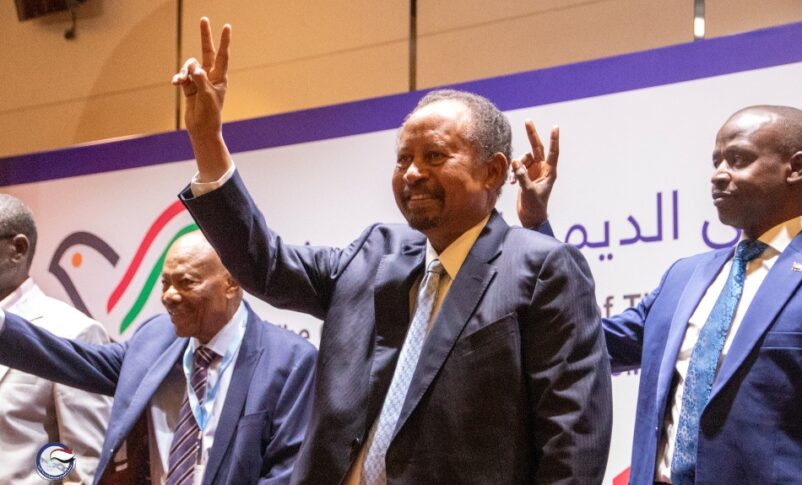Calls for reform grow within Sudan’s anti-war alliance as conflict drags on
September 8, 2024 (PORT SUDAN) – Calls for reform are growing within Sudan’s main anti-war alliance, three months after its formation, as the conflict between the army and the paramilitary Rapid Support Forces (RSF) shows no signs of abating.
The Sudan People’s Liberation Movement-Revolutionary Democratic Current (SPLM-RDC), a key member of the “Coordinating Committee of Democratic Civilian Forces, known as “Tagadum”, has issued an urgent appeal to end the war and reform the alliance.
In a statement released on September 4th, the SPLM-RDC emphasized the need for reforms within Tagadum to achieve the critical mass required to stop the war and return to the path of civilian rule.
Two days later, another statement echoing the call for reform was issued, this time signed by both the Revolutionary Democratic Current and the Alliance of Civil Forces for Eastern Sudan, another Tagadum member.
The joint statement called for “reforming and strengthening existing political alliances to ensure their ability to address the challenges facing Sudan today and to guarantee the representation of broad Sudanese diversity, youth, and women within them.”
The RDC had previously announced its decision to send messages to the alliance’s leadership, outlining their views on necessary reforms and emphasizing the need for joint action to end the war.
However, the official spokesperson for the alliance, Bakry Eljack, told Sudan Tribune that Tagadum has not yet received any formal reform proposals from the SPLM-RDC.
Eljack stressed that any political alliance will always need reforms to improve working methods and choose appropriate mechanisms, pointing out that the Revolutionary Democratic Current is represented in the leadership and general secretariat of the alliance.
The recent appointment of Taha Osman, a figure of the Sudanese Professionals Association, as Tagadum’s Deputy Secretary-General, has also sparked controversy, with some Resistance Committees calling for a freeze on their activities within the alliance.
Political science professor Mohamed Idris told Sudan Tribune that the calls for reform are “natural” given the ongoing changes in the Sudanese scene with the continuation of the war.
Idris believes that these calls reflect differing viewpoints within the alliance regarding the evolving situation in the country.
The ongoing conflict and the resulting political instability have highlighted the challenges facing Sudan’s pro-democracy movement. Calls for reform signal potential divisions and the need for greater unity and cohesion to achieve their shared goals.
The founding conference of Tagadum in late May saw strong objections to the appointment of some politicians and demands for greater representation of professional and revolutionary groups.
While many speakers at the conference praised the coalition’s success in bringing together hundreds of civil society representatives, some now point to strong differences in their positions with political parties as a result of the ongoing war.
In a statement to Sudan Tribune in late August, the head of the Sudan Liberation Forces Gathering, Al-Taher Hajer, denied any intention by the head of the Revolutionary Democratic Current to break away from Tagadum.
He emphasized ongoing communication with the SPLM-RDC leader Yasir Arman and their continued participation in the alliance’s organizational bodies, adding that differing opinions are natural within any organization and that “the disagreement may be formal, but objectively they are in agreement.”

